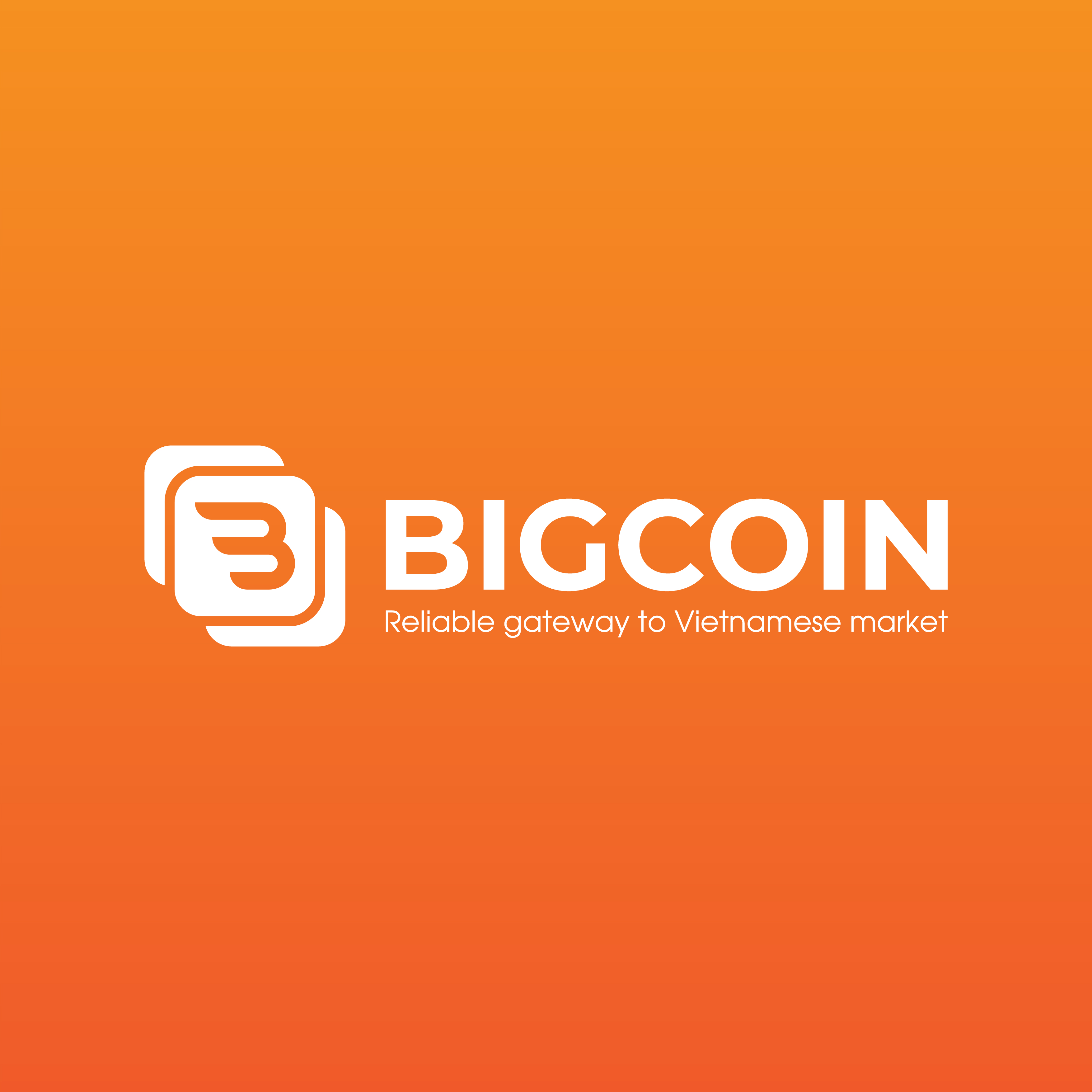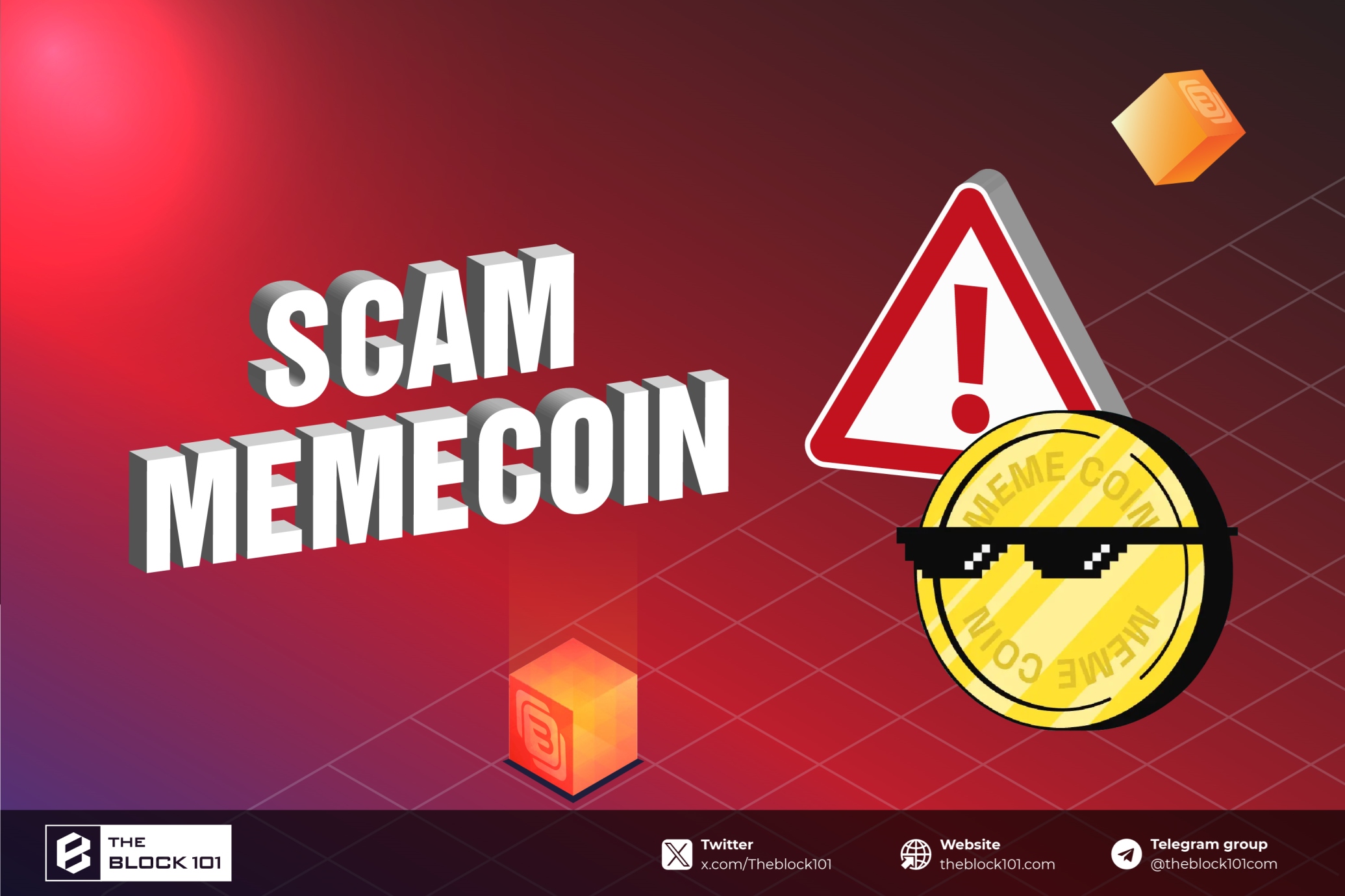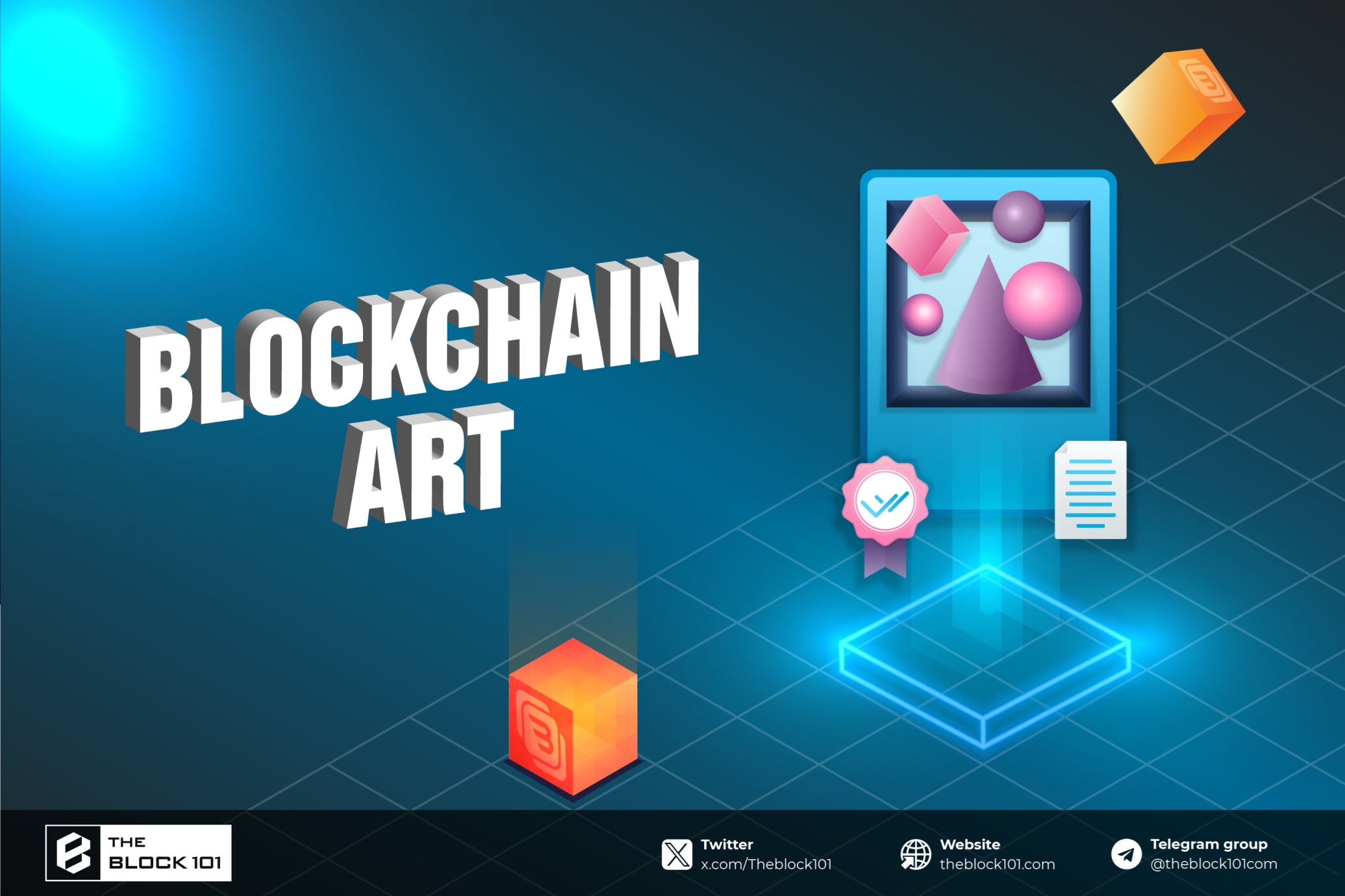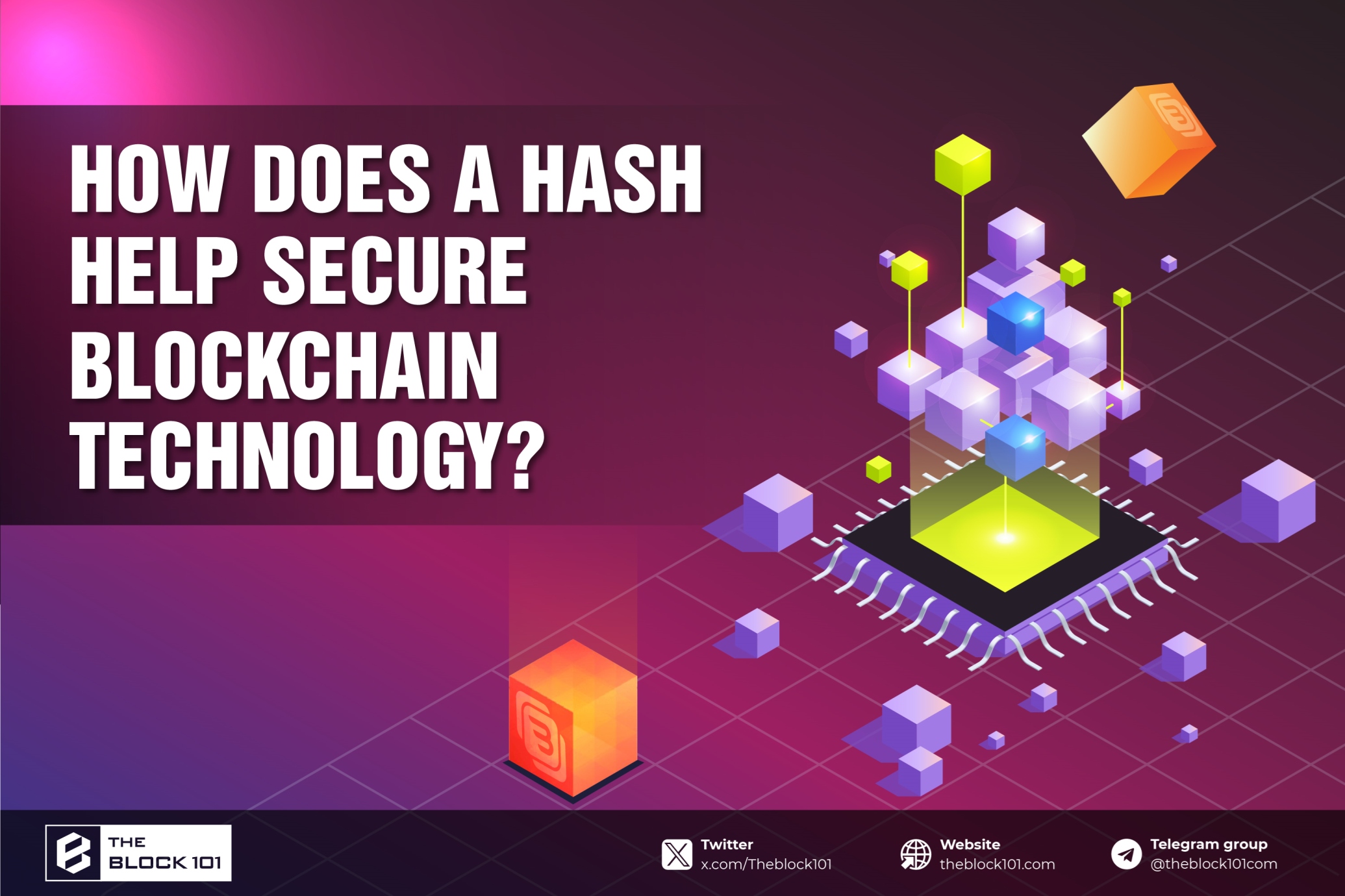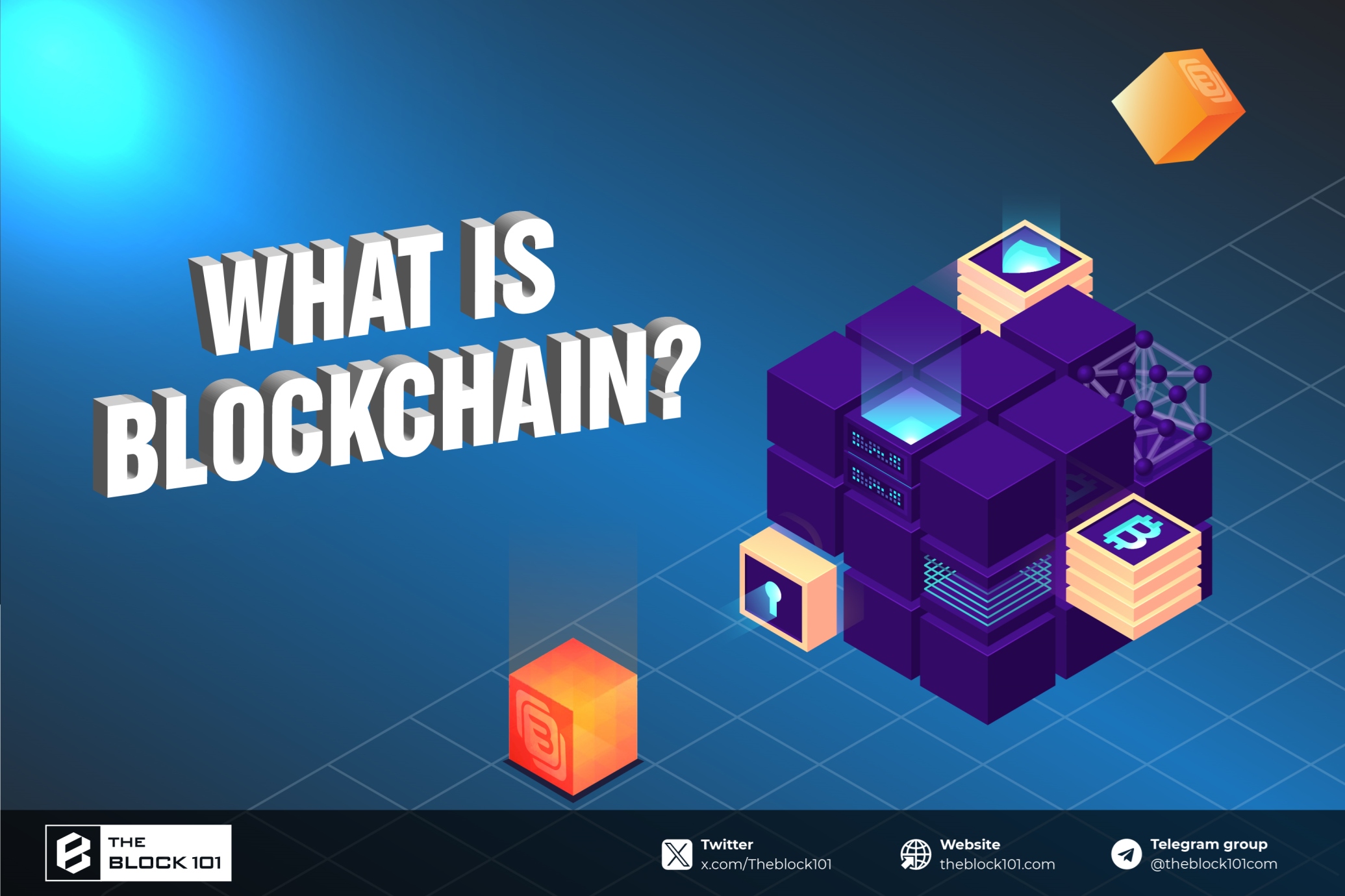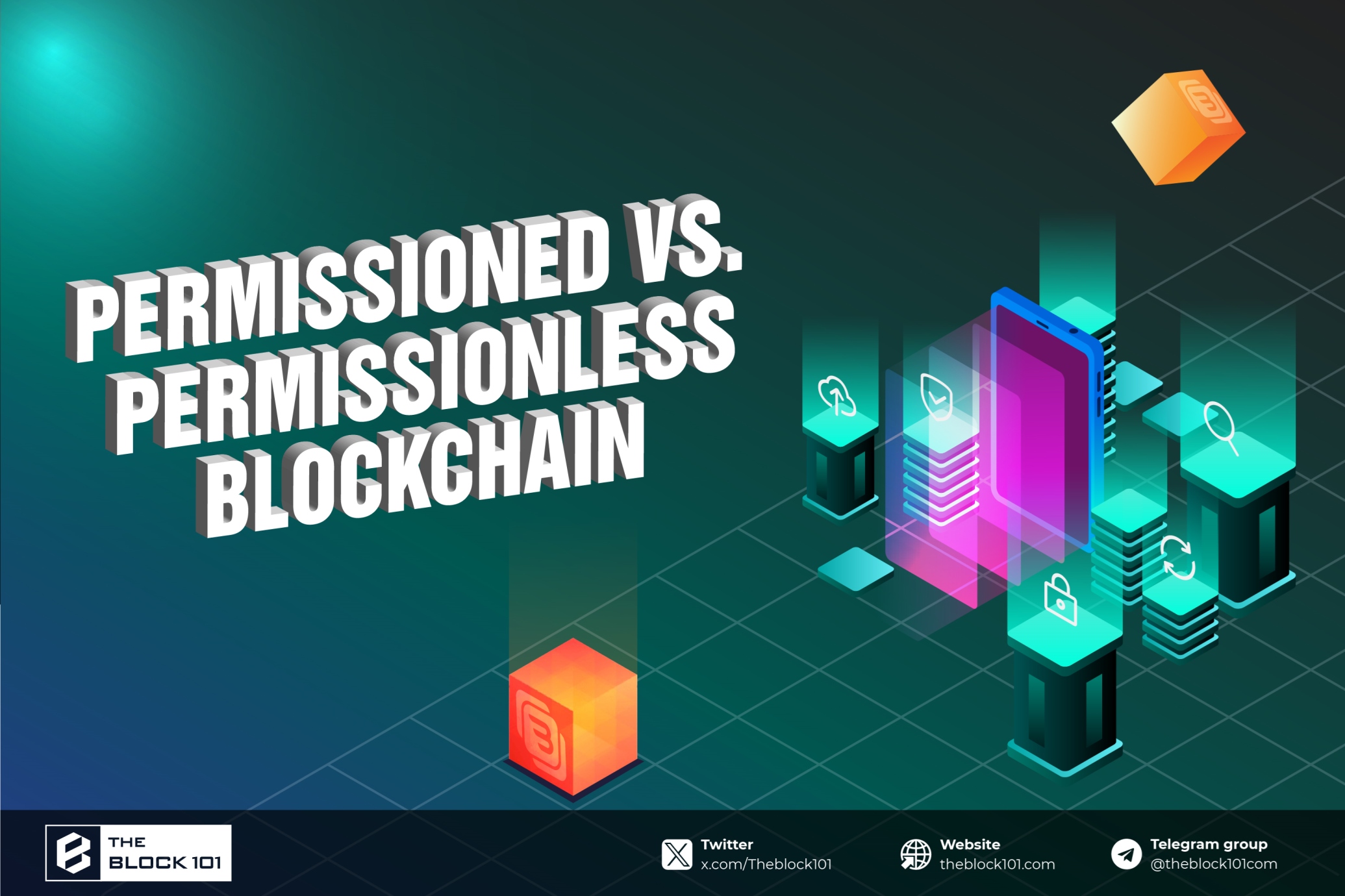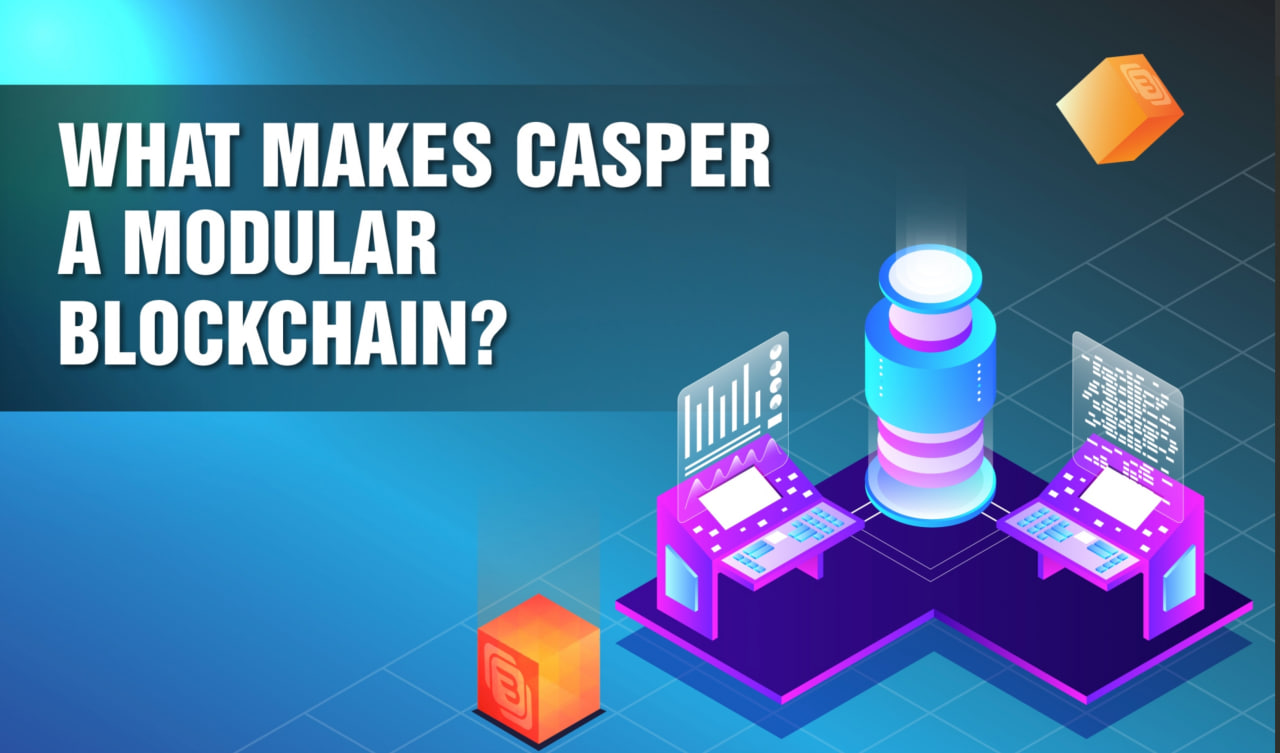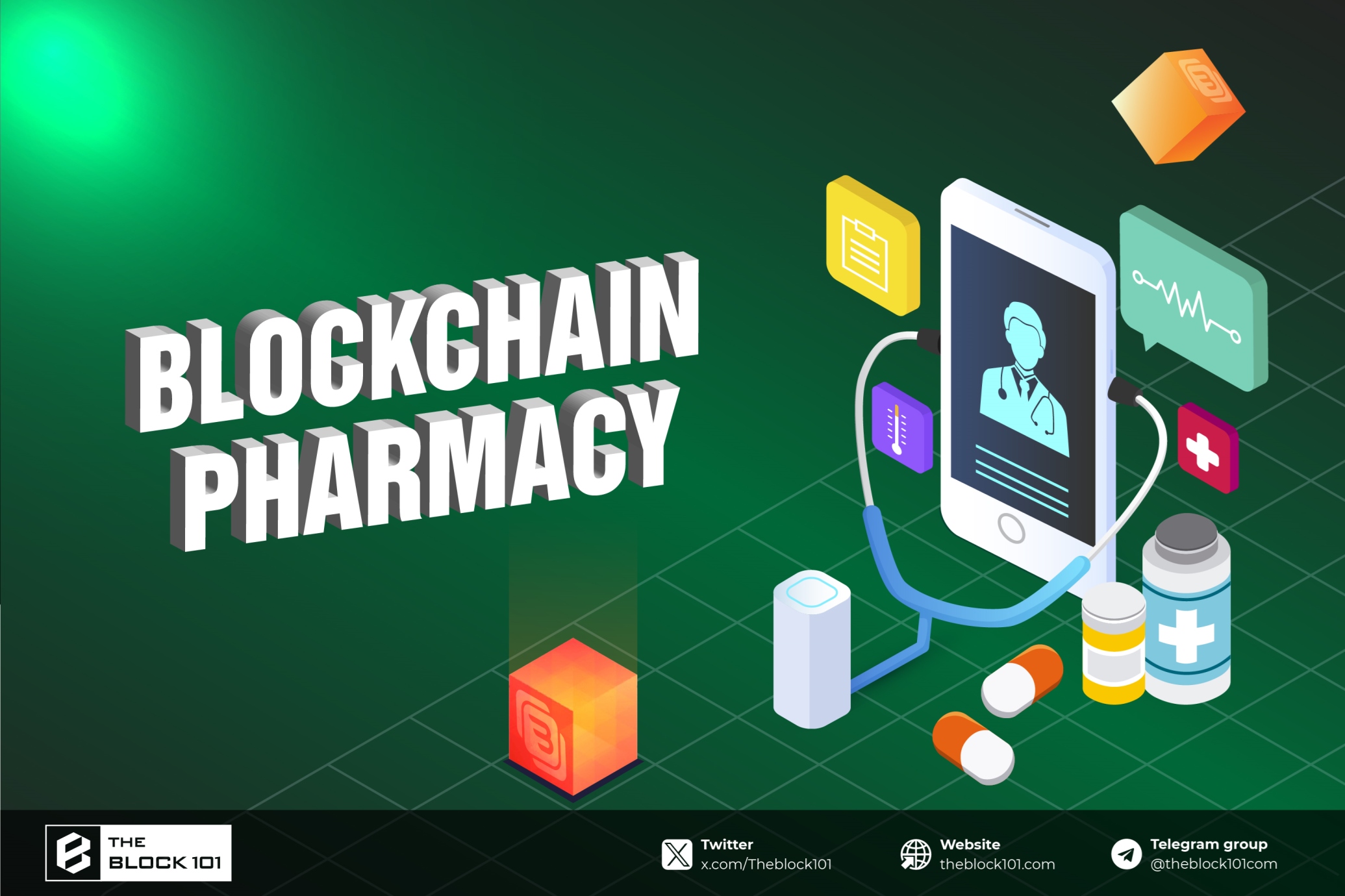
1. Understanding Blockchain in the Pharmacy Context
At its core, blockchain is a distributed digital ledger that records transactions across multiple nodes, ensuring data integrity and transparency. Unlike traditional databases controlled by a central authority, blockchain operates on a peer-to-peer network where each participant holds a copy of the ledger. Transactions are cryptographically secured and immutable, meaning they cannot be altered once recorded. These characteristics make blockchain an ideal solution for the pharmaceutical industry, which grapples with issues like counterfeit drugs, supply chain inefficiencies, and data privacy concerns.
In the pharmacy sector, blockchain can be applied to various processes, including drug supply chain management, prescription tracking, patient record security, and clinical trial data management. By leveraging smart contracts—self-executing agreements coded on the blockchain—the industry can automate processes, reduce intermediaries, and enhance operational efficiency.
2. Key Applications of Blockchain in Pharmacy
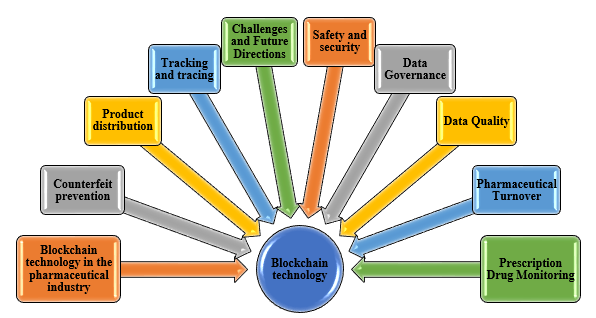
2.1. Securing the Drug Supply Chain
One of the most critical challenges in the pharmaceutical industry is ensuring the authenticity and safety of drugs. Counterfeit medications pose a significant threat, with the World Health Organization estimating that 10% of drugs in low- and middle-income countries are substandard or falsified. Blockchain addresses this issue by providing end-to-end traceability in the drug supply chain.
Using blockchain, every stage of a drug’s journey—from manufacturing to distribution to dispensing—can be recorded on an immutable ledger. Each drug batch is assigned a unique digital identifier, and its movement is tracked in real time. Stakeholders, including manufacturers, distributors, pharmacies, and regulators, can access this transparent record to verify the drug’s origin, authenticity, and storage conditions. For example, IBM’s Blockchain Transparent Supply platform has been used by pharmaceutical companies to enhance supply chain visibility and combat counterfeit drugs.
2.2. Preventing Prescription Fraud
Prescription drug abuse and fraud are growing concerns, particularly with controlled substances like opioids. Blockchain can mitigate these risks by creating a secure, decentralized system for managing prescriptions. When a doctor issues a prescription, it is recorded on the blockchain, accessible only to authorized parties such as pharmacists and patients. Smart contracts can enforce rules, such as limiting refills or flagging suspicious activities, reducing the risk of prescription tampering or unauthorized access.
This approach also facilitates interoperability between healthcare providers and pharmacies. Patients moving between regions or healthcare systems can have their prescription history securely accessed, ensuring continuity of care without compromising privacy.
2.3. Enhancing Patient Data Security
Patient data is a cornerstone of pharmaceutical care, but it is often vulnerable to breaches and misuse. Blockchain offers a solution by enabling secure, decentralized storage of electronic health records (EHRs). Patients can control access to their data through private cryptographic keys, granting permissions to specific providers or pharmacies as needed. This empowers patients while ensuring compliance with regulations like the Health Insurance Portability and Accountability Act (HIPAA).
Moreover, blockchain can anonymize patient data for use in research or analytics, allowing pharmaceutical companies to gain insights without compromising individual privacy. This balance between accessibility and security is critical in building trust in digital healthcare systems.
2.4. Streamlining Clinical Trials
Clinical trials are essential for developing new drugs, but they are often plagued by issues like data manipulation, lack of transparency, and participant recruitment challenges. Blockchain can improve the integrity of clinical trial data by recording every step of the process— from participant consent to trial results—on an immutable ledger. This ensures that data cannot be altered retroactively, increasing trust in trial outcomes.
Additionally, blockchain can facilitate patient recruitment by matching eligible participants with trials while maintaining their privacy. Smart contracts can automate payments to participants, ensuring timely and transparent compensation.
3. Benefits of Blockchain in Pharmacy

The adoption of blockchain in the pharmacy sector offers numerous advantages:
-
Transparency and Trust: Blockchain’s immutable ledger ensures that all stakeholders can trust the accuracy and authenticity of data, whether it’s a drug’s origin or a patient’s prescription history.
-
Efficiency: By automating processes through smart contracts and reducing intermediaries, blockchain lowers operational costs and speeds up transactions.
-
Security: Cryptographic encryption protects sensitive data, reducing the risk of breaches and unauthorized access.
-
Regulatory Compliance: Blockchain’s audit trails make it easier for pharmacies and manufacturers to comply with regulations, such as the U.S. Drug Supply Chain Security Act (DSCSA).
-
Patient Empowerment: Patients gain greater control over their health data, fostering a patient-centric approach to care.
4. Challenges and Barriers to Adoption
Despite its potential, blockchain adoption in the pharmacy sector faces several hurdles:
-
Scalability: Blockchain networks, particularly public ones, can struggle to handle the high volume of transactions required in pharmaceutical systems. Solutions like private or consortium blockchains may address this, but they require careful design.
-
Interoperability: Integrating blockchain with existing healthcare systems, such as EHRs or pharmacy management software, is complex and requires standardized protocols.
-
Regulatory Uncertainty: While blockchain can aid compliance, regulators are still grappling with how to oversee decentralized systems. Clear guidelines are needed to ensure legal adoption.
-
Cost and Infrastructure: Implementing blockchain requires significant investment in technology and training, which may be a barrier for smaller pharmacies or resource-constrained regions.
-
Data Privacy Concerns: Although blockchain enhances security, ensuring compliance with global privacy laws (e.g., GDPR) in a decentralized system remains a challenge.
5. The Future of Blockchain in Pharmacy

The future of blockchain in pharmacy is promising, with ongoing innovations paving the way for broader adoption. Emerging trends include:
-
Integration with IoT: Combining blockchain with Internet of Things (IoT) devices, such as temperature sensors, can ensure drugs are stored and transported under optimal conditions, with data recorded on the blockchain.
-
Collaboration Across Stakeholders: Consortium blockchains, where multiple organizations (e.g., manufacturers, pharmacies, and regulators) collaborate, are gaining traction. Initiatives like the MediLedger Project demonstrate the power of such partnerships.
-
Patient-Centric Models: Blockchain can enable decentralized identity systems, allowing patients to manage their health data across platforms seamlessly.
-
AI and Blockchain Synergy: Integrating blockchain with artificial intelligence can enhance predictive analytics for drug demand, fraud detection, and personalized medicine while maintaining data integrity.
6. Conclusion
Blockchain technology holds immense potential to transform the pharmaceutical industry by addressing critical challenges and fostering a more secure, transparent, and efficient ecosystem. From securing the drug supply chain to empowering patients with control over their data, blockchain is redefining how pharmacies operate and deliver care. However, realizing this potential requires overcoming technical, regulatory, and financial barriers through collaboration and innovation.
As the industry embraces digital transformation, blockchain will likely become a cornerstone of pharmaceutical systems, driving trust and improving health outcomes worldwide. Stakeholders must invest in pilot projects, foster interoperability, and advocate for clear regulatory frameworks to unlock the full benefits of this groundbreaking technology.
Read more:

 English
English Tiếng Việt
Tiếng Việt